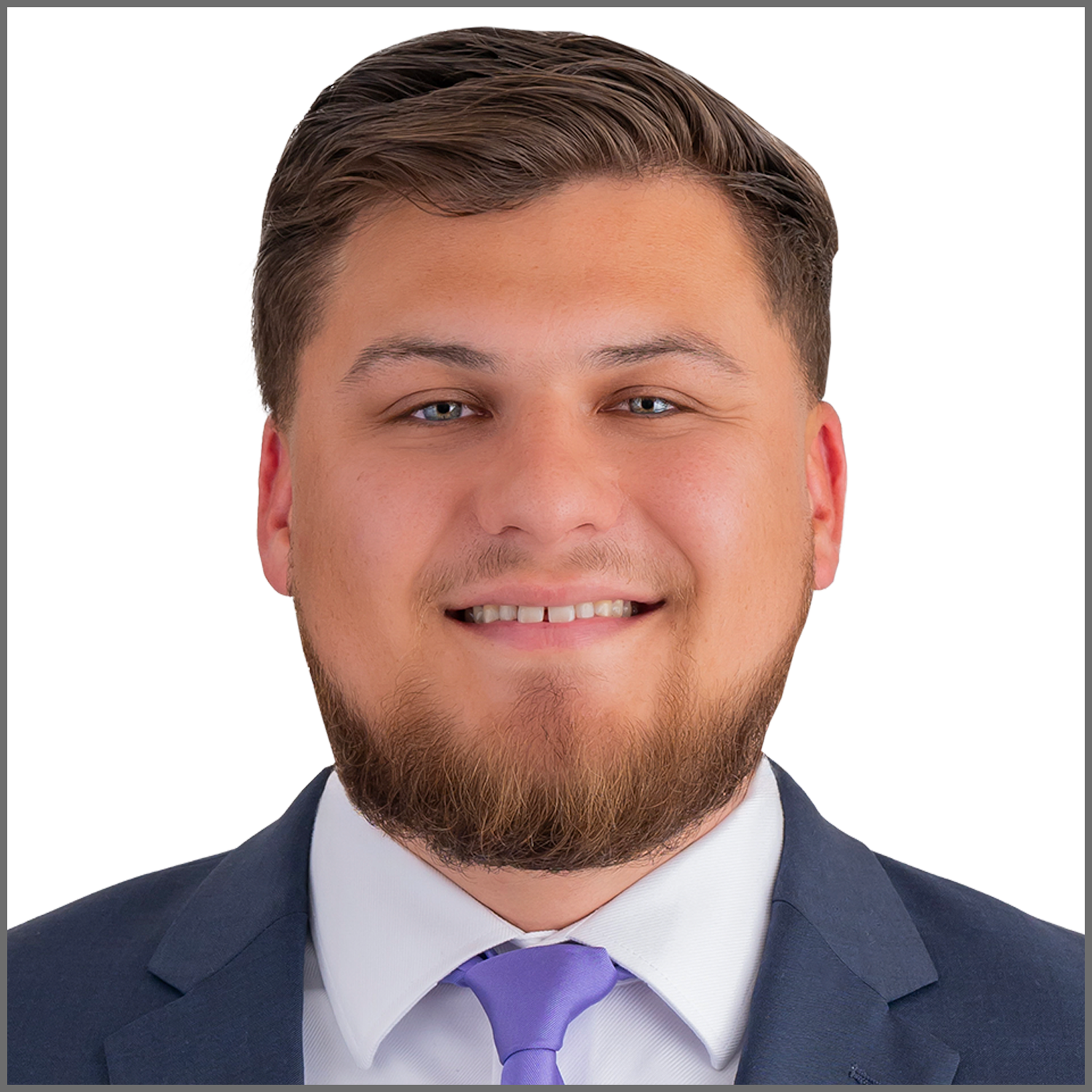JACKSONVILLE, Fla. – As President Joe Biden bows out of the White House, he is taking one more aim at Congress to combat illegal drugs like fentanyl. One of those is a proposal through what is called the National Security Memorandum to make fentanyl a Schedule I drug.
According to the United States Drug Enforcement Administration, Schedule I drugs, substances or chemicals are defined as drugs with no currently accepted medical use and a high potential for abuse.
“My concern with Schedule I is that Schedule I actually says there’s no medical redeeming purpose for a drug and fentanyl does have a medical redeeming purpose,” said Susan Pittman with the local organization Drug Free Duval.
That’s probably the only time Pittman would advocate for anything fentanyl-related.
“We have a meeting on Monday as a matter of fact, so I’m going to ask this question of them how they feel actually about rescheduling it to a Schedule I,” she said.
Currently, fentanyl is classified as a Schedule II drug. According to the DEA, Schedule II drugs, substances, or chemicals are drugs with a high potential for abuse, with use potentially leading to severe psychological or physical dependence.
RELATED | 7-month-old rescued after suspected fentanyl overdose at Spring Park apartment complex
Pittman and others in the drug-free community aim to crack down on the illegal uses of drugs, and how people are getting them.
Meanwhile, President Biden in the National Security Memorandum, also aims to establish a nationwide pill press registry to track pill-making machines.
Pittman said anything to track how and where these pills come from is a great step in the right direction.
“We people don’t really understand that there’s such a gray area now with people purchasing, what they believe are pharmaceuticals, legitimate pharmaceuticals through various online pharmacies that aren’t legit, but they look legit, I understand why the consumer is so confused,” Pittman said.
MORE | Fentanyl-related deaths down statewide, up slightly in Jacksonville area
Many drug agencies and law enforcement agencies seize drugs daily. Pittman said there is more people can do on the ground level to save lives and get drugs out of the hands of people that they could kill.
“We have got to talk about it. We’ve got to get education out there. We’ve got to help people understand that, you know, purchasing these things anywhere except a licensed pharmacy puts them at risk. But we’ve got to raise the perception of harm. We’ve got to advocate for ourselves,” she said.


